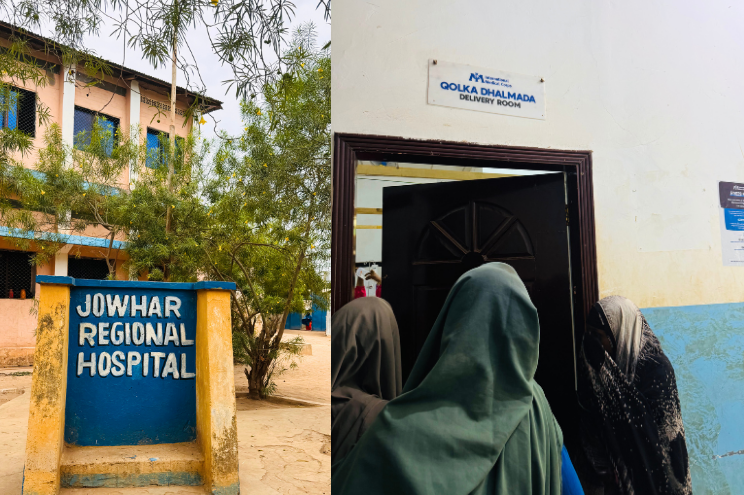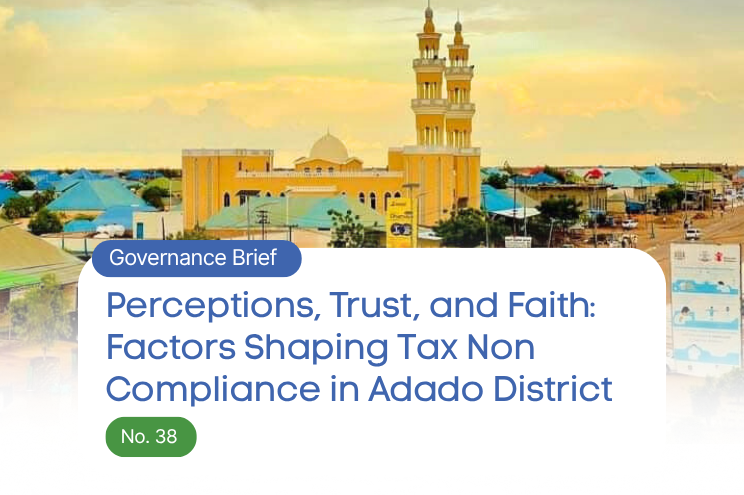

Perceptions, Trust, and Faith: Factors Shaping Tax Non-Compliance in Adado District
SPA_Governance_Briefs_38_2025_ENGLISH
Download PDF81 Downloads


SPA_Governance_Briefs_38_2025_ENGLISH
Share This:
Somali Public Agenda (SPA) is a non-profit, non-partisan, and independent public policy and administration research and action organization based in Mogadishu. It aims to advance understanding and improvement of public policy and services in Somalia through evidence-based research and analysis, dialogue, policy and service design, and training.
Stay updated on governance and public services in Somalia!